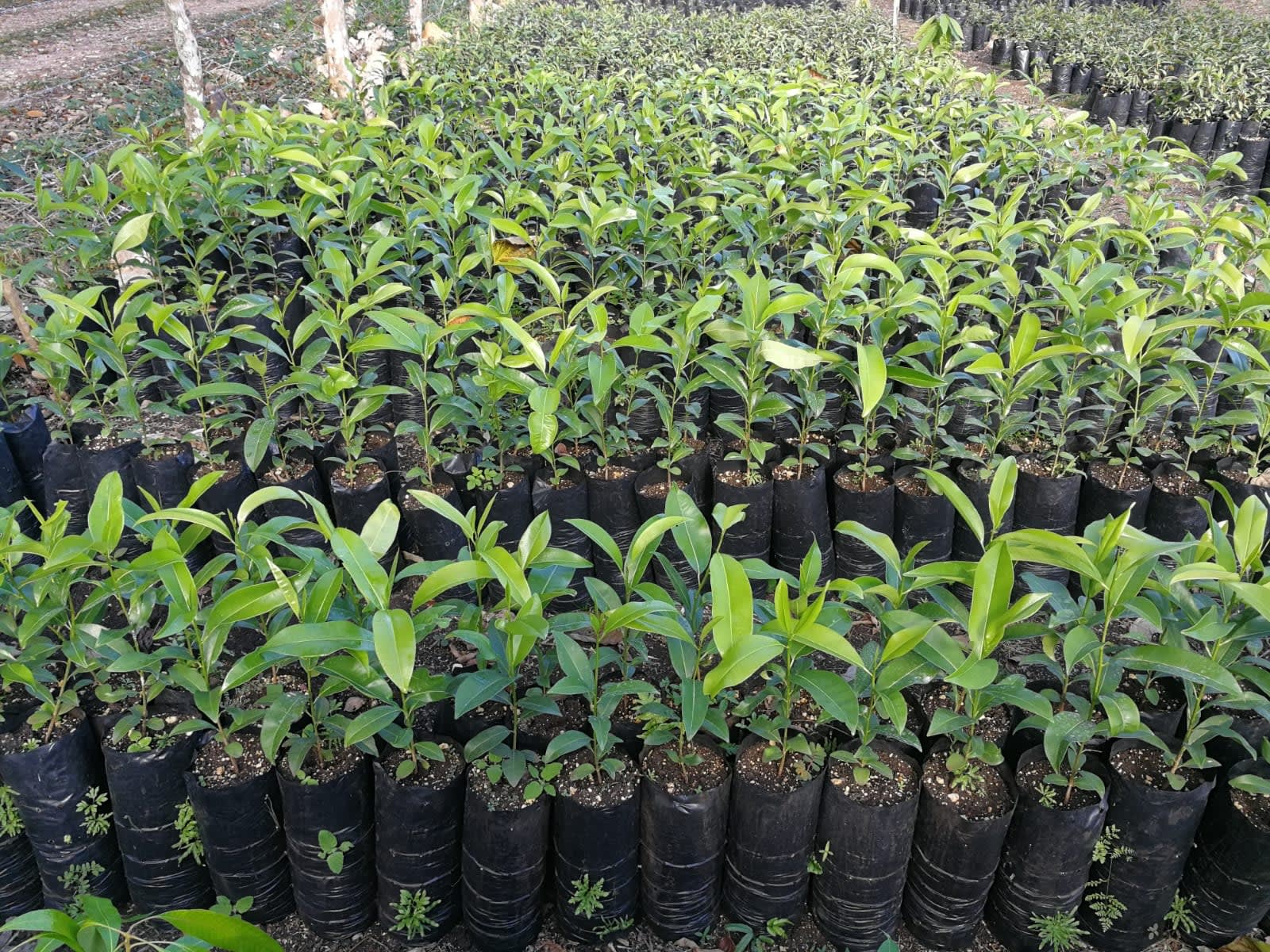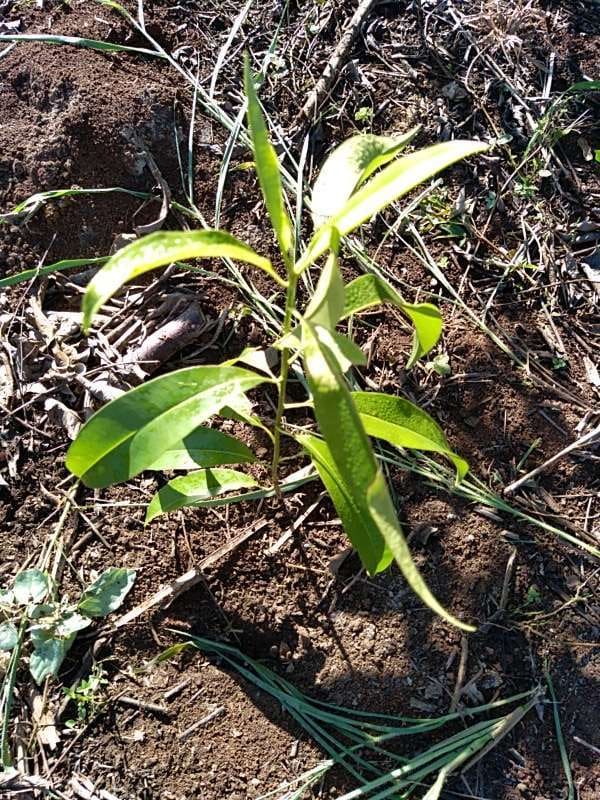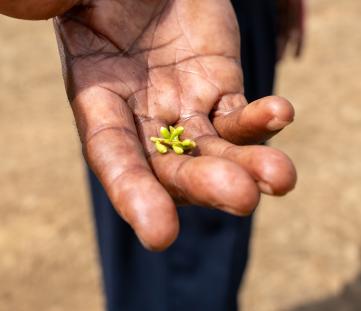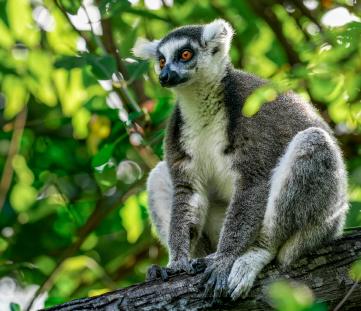ID: JVK-Z75Y
ID: JVK-Z75Y
Chicozapote
Manilkara zapota
Photo
Guatemala
18:26 - 21°C
My connections
My ID card
Who am I?
Date of birth
12/05/2023
Name
Chicozapote
Tree
Chicozapote
Where am I located?
Country
Guatemala
Place of birth
La Libertad
Coordinates
16° 52′ 45.91″ N
90° 32′ 51.89″ W
/-90.54774833,16.87941967,0/500x333@2x?access_token=pk.eyJ1IjoidG9tbWFzb3NwZXJvbmkiLCJhIjoiY2tnOTE3eW12MDJqazMybXNzOWV1YjloOSJ9.wtGsuDU7XIKjcv2cq8CiXw&logo=false&attribution=false)
My Timeline
The important moments in your tree's life.
Seed
It all starts with a tiny seed, nice and warm in the soil.
Nursery
Your seedling is big enough to be welcomed into one of our nurseries, along with many others.
Planted
We’re here! Your tree has reached its new home: it’s been planted by a smallholder, who’ll take care of it for years to come.
Photo
Strike a pose! Now that it’s big enough, here’s a photo of your tree!
My Gallery
Nursery

Planted
/-90.54774833,16.87941967,0/500x333@2x?access_token=pk.eyJ1IjoidG9tbWFzb3NwZXJvbmkiLCJhIjoiY2tnOTE3eW12MDJqazMybXNzOWV1YjloOSJ9.wtGsuDU7XIKjcv2cq8CiXw&logo=false&attribution=false)
90° 32′ 51.89″ W
Photo

Curiosity about me
The important moments in your tree's life.
Let's start with introductions
This is a remarkably large tree that can grow to over 30 metres in height. It has very compact, dense, horizontally layered foliage. It develops a very extensive root system capable of retaining large amounts of soil. Its flowers are white and very fragrant and the fruits are round, slightly oblong brown berries with sweet, tasty flesh.
Meaning
Adolescent
Chicozapote trunks can be slashed to extract chicle, a traditional ingredient in chewing gum, the taste of which is inextricably linked to the teenage years of many of us.

How much CO2 I’ll absorb
My estimated CO2 absorption capacity is based on the first 10 years of my life*
Current absorption
- 10 kg
2023
0 kg
2033
-100 kg
* The tree will continue to absorb CO2 even after the tenth year. Therefore this is a prudent estimate.
How I am useful to local communities

Medicine
Its leaves, roots, bark and/or fruits are used in traditional medicine.

Consumption and sales
Its fruits, seeds and/or leaves are used as food in the farmers' families or are sold on local markets.

Biodiversity
It helps restocking various animal species, thus helping the variety of fauna and flora overall.
My benefits
70%
Food Security
The trees will bear fruits, some that will be edible immediately and others that can become edible through processing, ensuring food resources over time.
80%
Economic development
The trees' fruits and the products derived from their transformation can be traded in local networks, offering income opportunities.
40%
CO₂ Absorption
During its life cycle, each tree will offset CO₂. The trees that you plant can offset your emissions.
60%
Environmental protection
The trees are planted in agroforestry systems that favor the virtuous interaction between the different species and their positive impact on the environment and on the land.